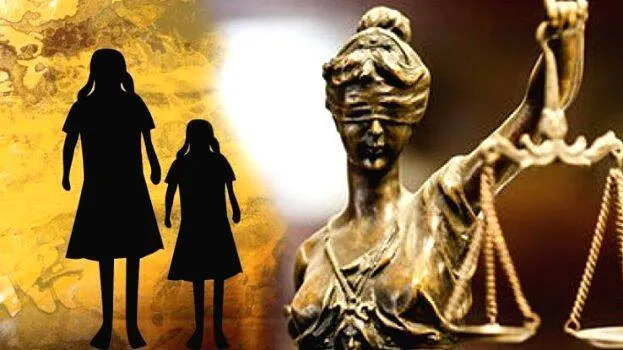

The government has decided to allow investigating officers to seek expert legal advice before submitting a final report to the court on criminal cases that cause controversy. This is a very good thing that should have been done earlier. This late-coming wisdom may have been due to a better understanding of the pitfalls of filing a case in court without doing enough homework. Needless to say, if the charge sheet in a criminal case is not perfect, it will adversely affect the case. This applies not only to criminal cases but also to other prosecution cases. A look at the old list shows a series of cases that the prosecution lost knowingly. In criminal cases, a weak indictment and a trial based on it are often in favor of the accused. There are plenty of examples. The government is instructing the police to go to court with a final report only after thorough preparation in such cases, based on what happened in the latest Walayar case.
The POCSO court acquitted all the accused in the incident, which shocked the conscience of the community. The High Court recently upheld the lower court's order and observed that there was no other case in the state that had been treated so carelessly and irresponsibly. Not only the police officers from the SI to the DYSP who initially investigated the case and the prosecutors who argued the case in court, but also the High Court's allegation that even the POCSO court judge did not show the seriousness that should be shown in such a case.
Government Judge PK Haneefa was appointed as the commission of inquiry. The government's decision to allow the probe team to seek expert legal advice before submitting the final report to the court in controversial cases is in line with the recommendations of the Haneefa Commission's report to the government. Adequate care should also be taken in assigning the case to the prosecutors. Make a list of prosecutors who specialize in arguing criminal cases and from it those who have the capability to argue controversial cases should be selected. The list should be compiled with the help of Sessions Judges. Sessions judges can easily point out competent prosecutors. It has also decided to make two months of training mandatory for public prosecutors who regularly attend sessions.
It is the duty of the government to ensure a fair and independent investigation and trial in cases of grievous moral harm to society. Neither the circumstances of the defendants nor their superiors may interfere with the independent conduct of the case. The trial of the case in court is as important as the responsibility of the investigating officers in gathering the maximum amount of evidence and preparing an impeccable charge sheet. The failure of both these factions together led to a major setback in the Walayar case. The police and prosecutors responsible for punishing the accused handled the case in such a way as to ensure their release. The government had yesterday informed the Assembly that the SI had been permanently relieved of his duties as per the recommendation of the Judicial Commission. Similarly, the government has exempted two special public prosecutors from arguing cases in sessions courts for serious misconduct in the case. None of these minor punitive measures will address the serious flaws in the government's handling of the case. It is important to ensure that those responsible for controlling such malpractices from time to time are always supervised.
The government has announced its readiness for a CBI probe into the Walayar case. But the lapse in the procedure was realized later. It is noteworthy that the failure of the government to issue a direct notification for the inquiry has not been pointed out by any government-paid legal expert. The order has to be obtained by approaching the court. When everything has rules and regulations, the government is not unaware of the difficulty of making a decision without looking at it. Despite having more than enough advisers and the legal department, it goes unnoticed when needed.